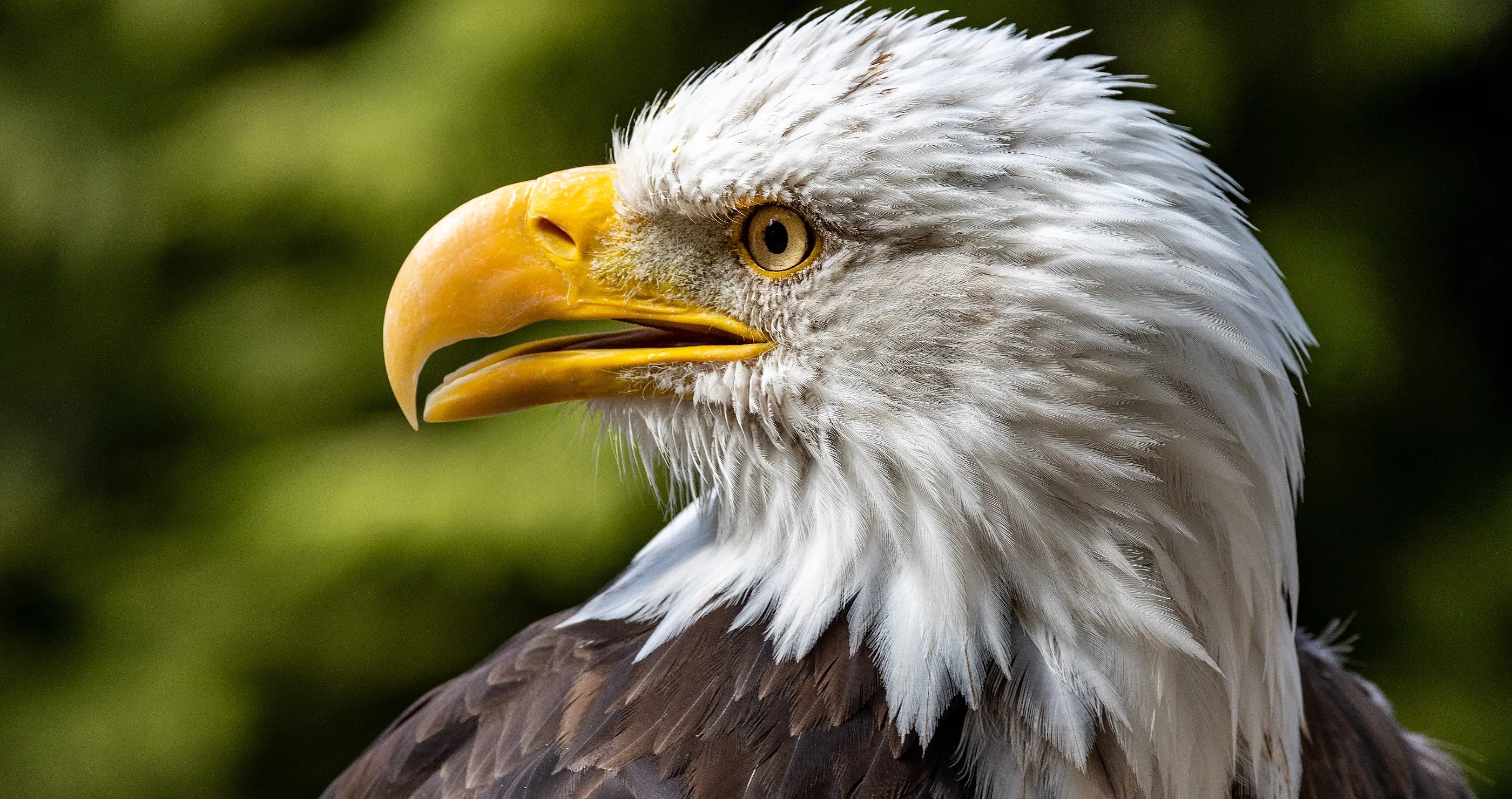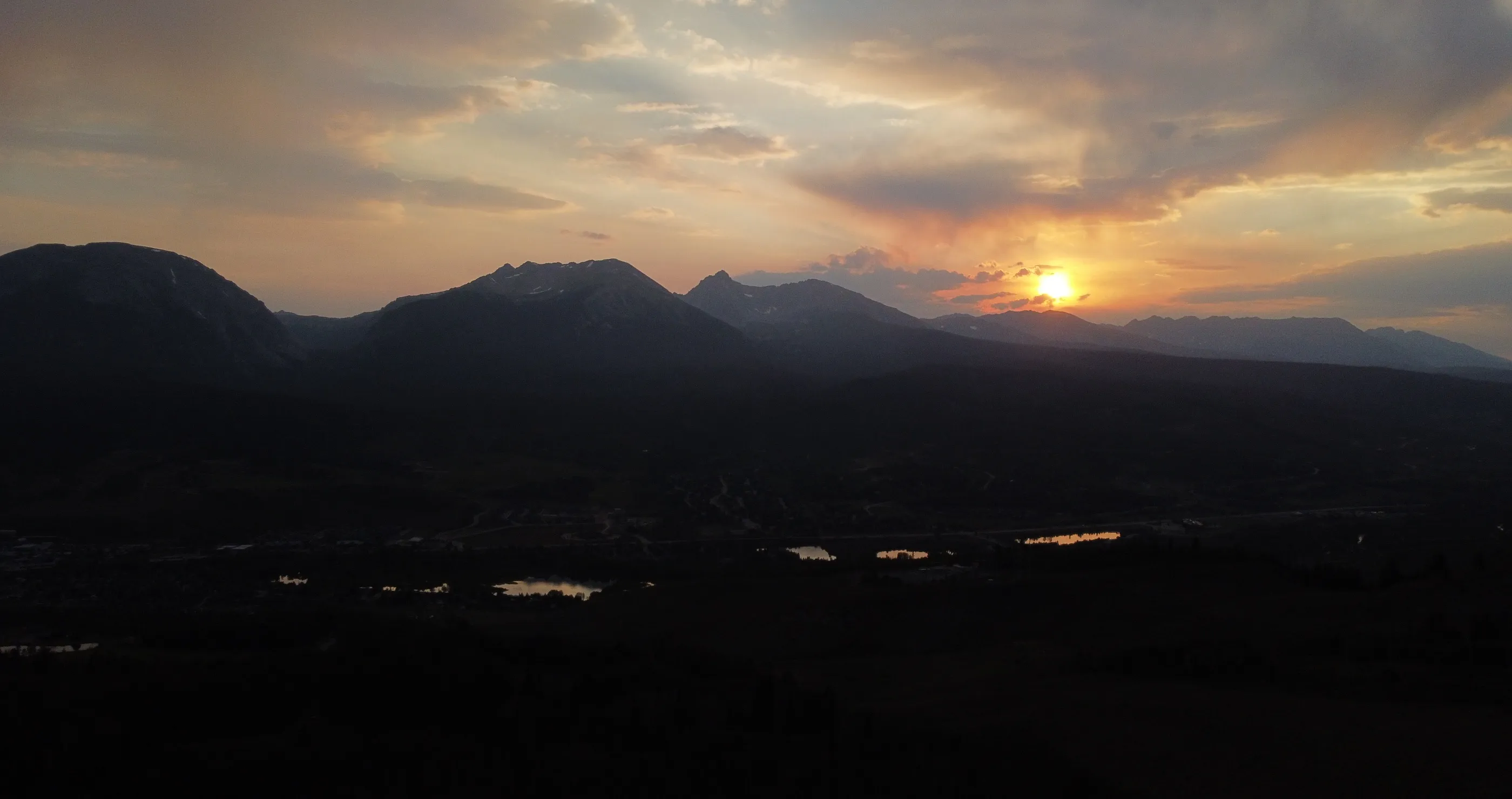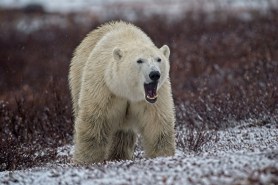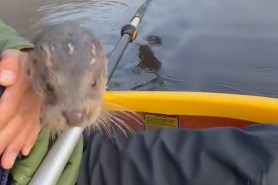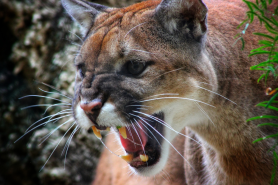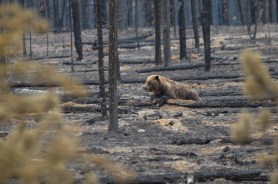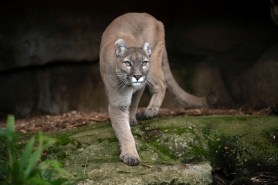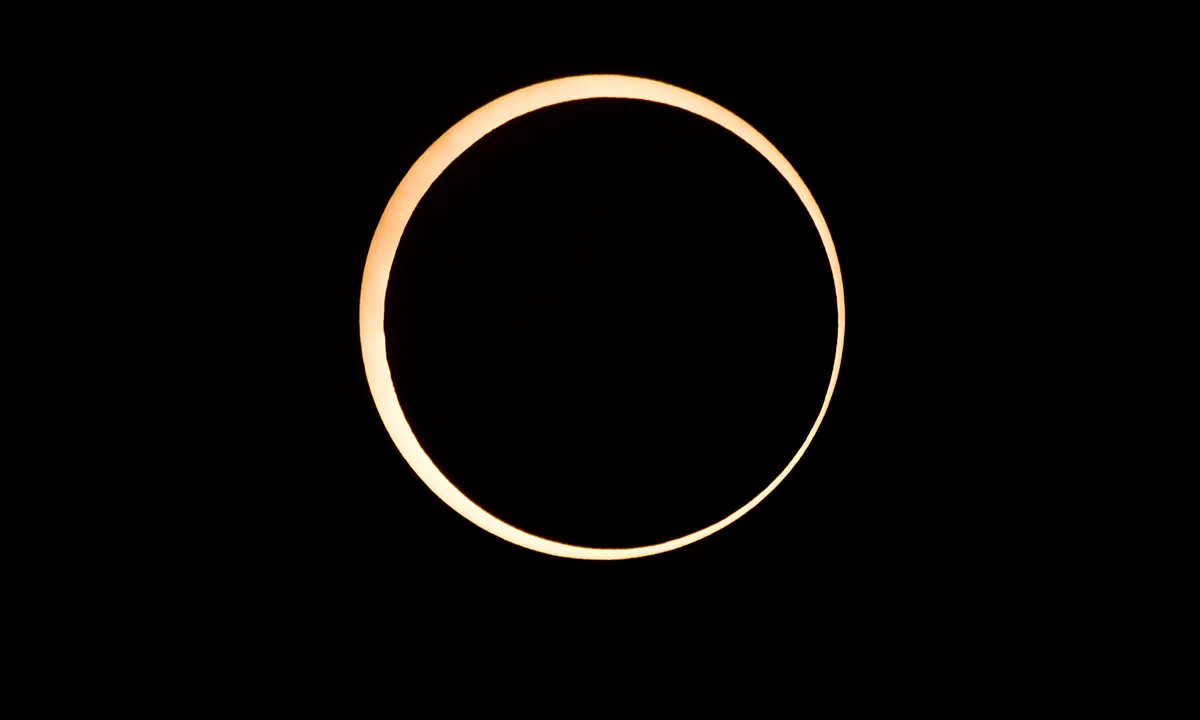

Many have questioned the effect an eclipse has on humans. NASA states that there is no evidence that humans are affected physically by eclipses, but many believe that eclipses do alter humans psychologically. However, the effect eclipses have on nature, especially non-human animals, has been more formally studied and documented.
Videos by Outdoors
From domesticated animals to wild animals, behavioral changes—including a rise in anxiety levels—have been observed. You may have even noticed a change in your own pets’ behavior during past eclipses. Changes to the ionosphere and plants have also been studied.
While the effects of an eclipse vary by species, here are some of the documented ways both animals and plants are transformed during these astronomical events.
And, don’t forget, there’s an annular solar eclipse on October 14, 2023.
Nocturnal Animals Become Active
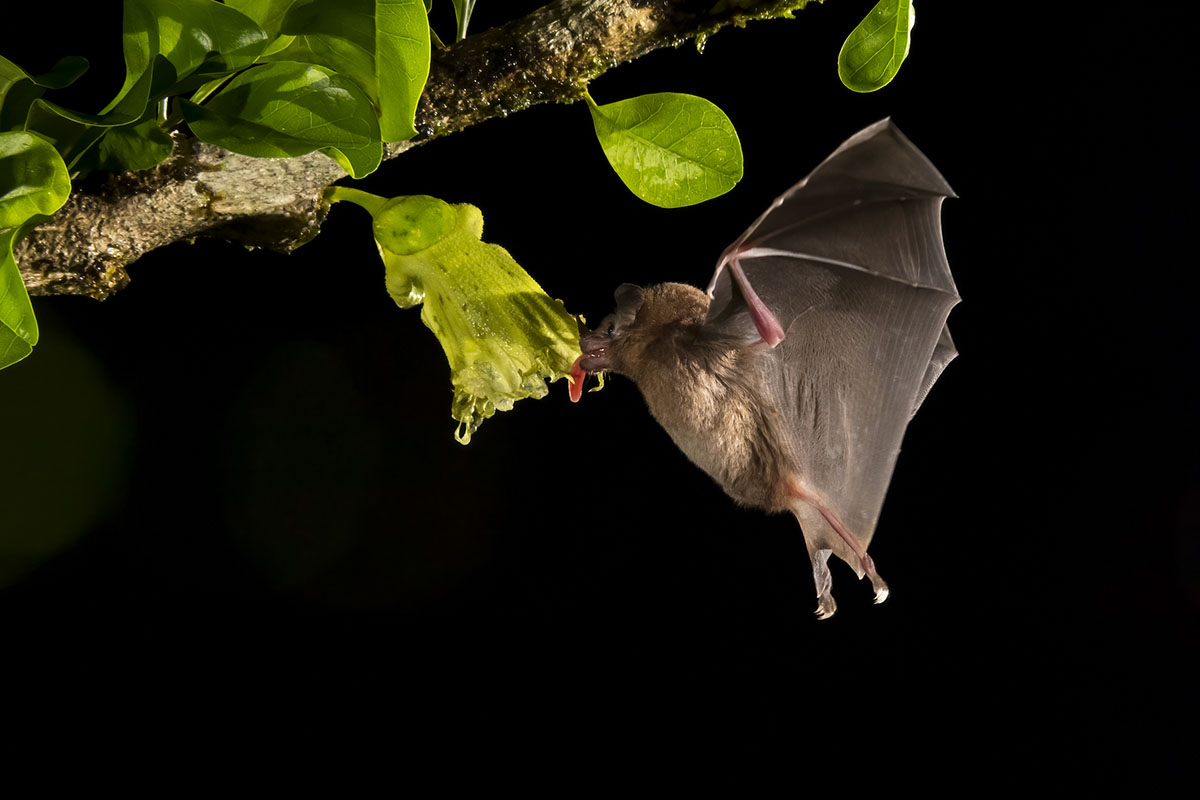
Nocturnal animals are often tricked by the sudden darkness during an eclipse. Light is the main factor that dictates whether they are in a period of sleep or activity.
Bats are an example of an animal that may get confused when the sun is covered by the moon. These nocturnal mammals have been known to wake up and move around, even sometimes leaving their roost, only to return to sleep when the eclipse ends.
Insects and animals that are commonly vocal at night may come alive during the eclipse. Crickets, frogs, and toads might sing their nightly songs. Birds are also known to call during the period of darkness. Cicadas may suddenly get noisy before the eclipse only to become silent once the moon covers the sun. Wolves and coyotes have anecdotally been said to communicate by howling during an eclipse.
Birds that are considered nocturnal, like nighthawks and owls, may leave their nests or begin activity while the sun is obscured. Other nocturnal animals, including mice and foxes, might also be tricked into leaving their dens to search for food.
Diurnal Animals Return Home
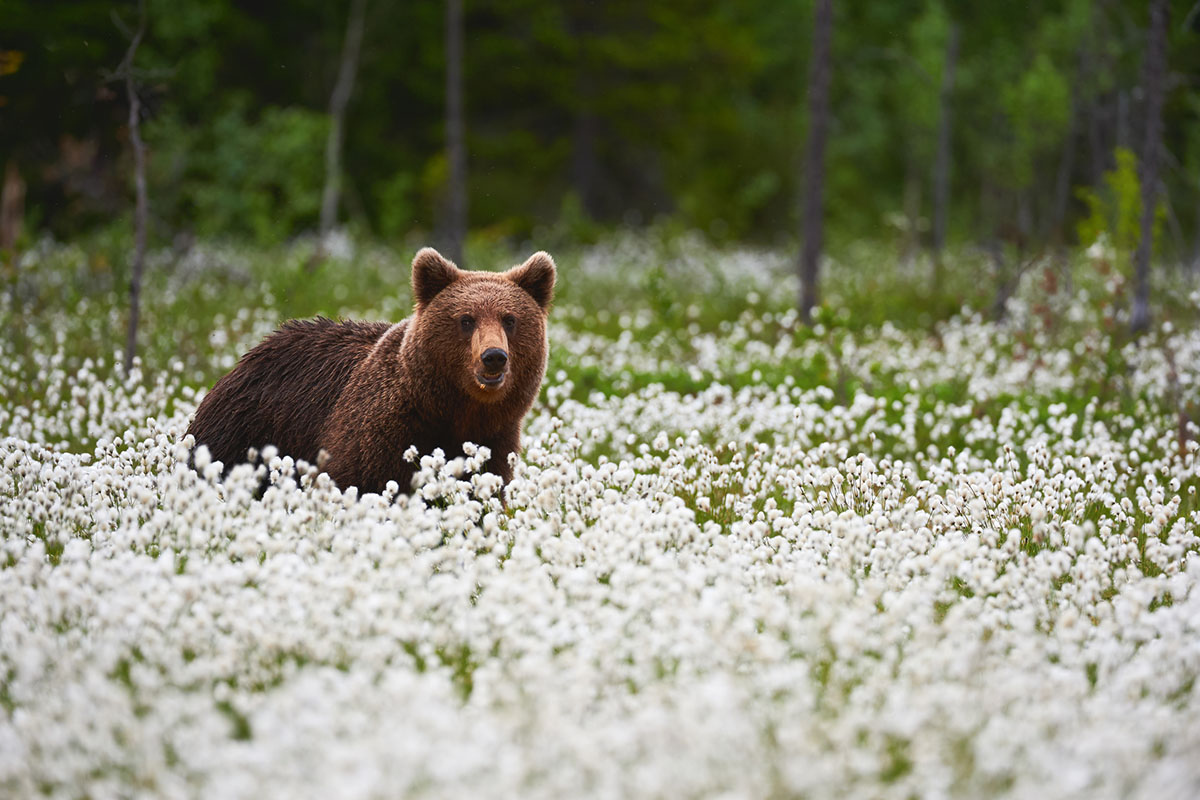
Animals and insects that are active during the day may be fooled during an eclipse. Sleep patterns for these animals are dictated by light. Animals like bees and ants have been known to return to their homes and/or begin nighttime routines during an eclipse. Butterflies seek leaves or other shelter.
Birds seem especially baffled by the phenomenon. Chatters and chirps become abundant before the eclipse and die down to silence when the sky begins to darken. Song patterns and flying-formation patterns are also changed by this astronomical event. Pigeons and hawks have been seen returning to their shelters when the sky begins to darken.
Lizards and bull snakes basking in the sun may return to a rock or other shelter when the temperature drops while the sun is covered. Ground and Albert’s squirrels, pikas, and marmots similarly head to their resting places.
Party Time for Crepuscular Animals
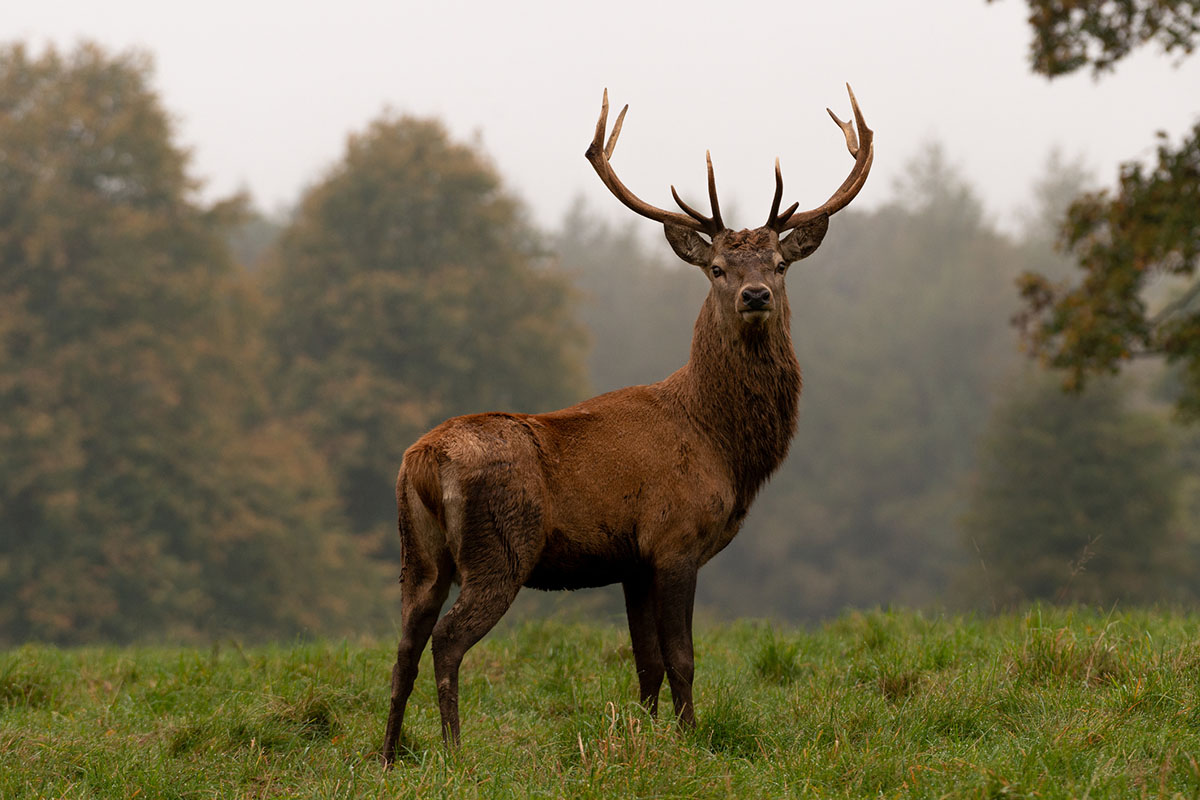
On typical days, crepuscular animals are most active at dawn or dusk, as they search for food and hide from predators. Crepuscular comes from the Latin word for “twilight.” Some examples include mountain lions, elk, moose, deer, rabbits, and opossums.
Crepuscular animals tend to think the darkness during a solar eclipse is a party. During an eclipse, these animals, which typically lay low during the daytime, may come out and begin their twilight routines. Examples of species reported to be affected are pygmy owls and mosquitos, which may wake from slumber to try to feed.
Things Get Weird for Spiders and Fish
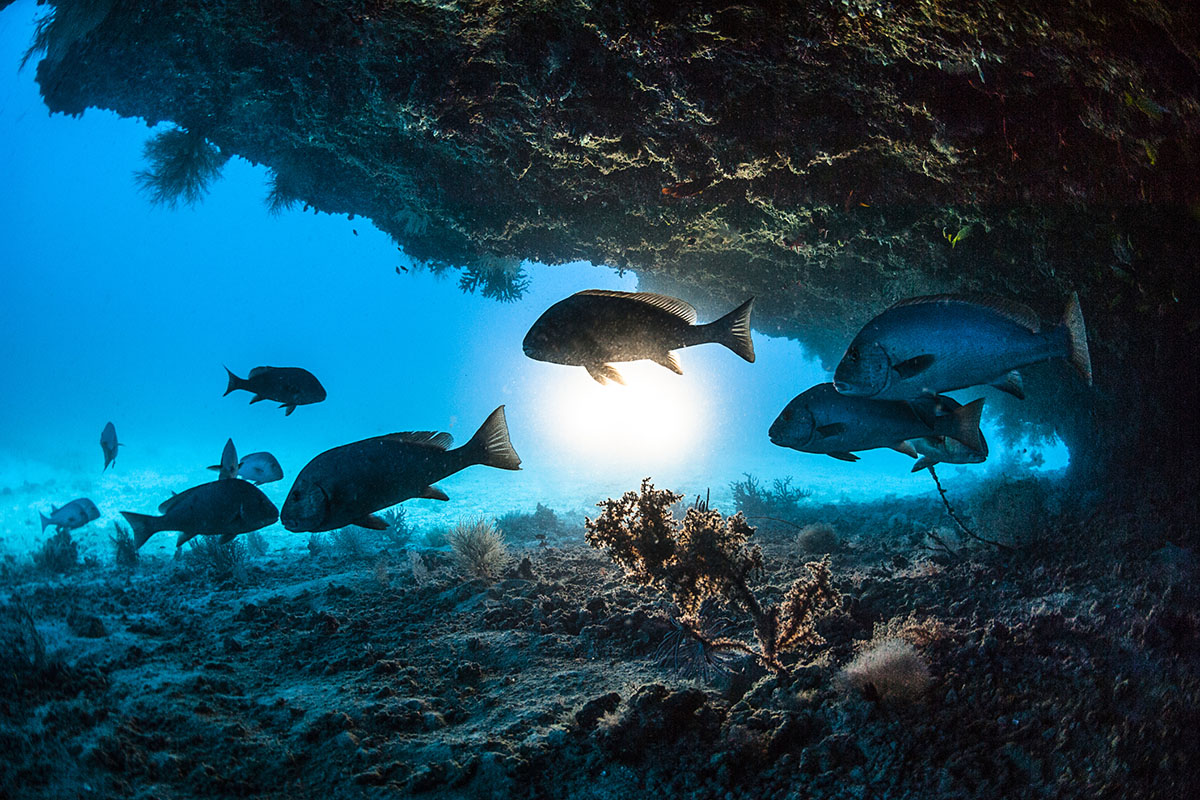
As the sky turns dark during an eclipse, spider species have been observed breaking down webs they built in the morning hours to catch prey. Orb weavers are one type of spider known to take down a web, symbolizing the end of the day, and begin to build a new web once the solar eclipse has passed.
Some fish species, including largemouth bass and brown trout, tend to enjoy feeding in low light. Some anglers believe that fish tend to be more active the hour before and the hour after a solar eclipse. Scientists and nature journals explain that the behavior may be caused by fish thinking it’s dusk.
Photosynthesis Slows Down
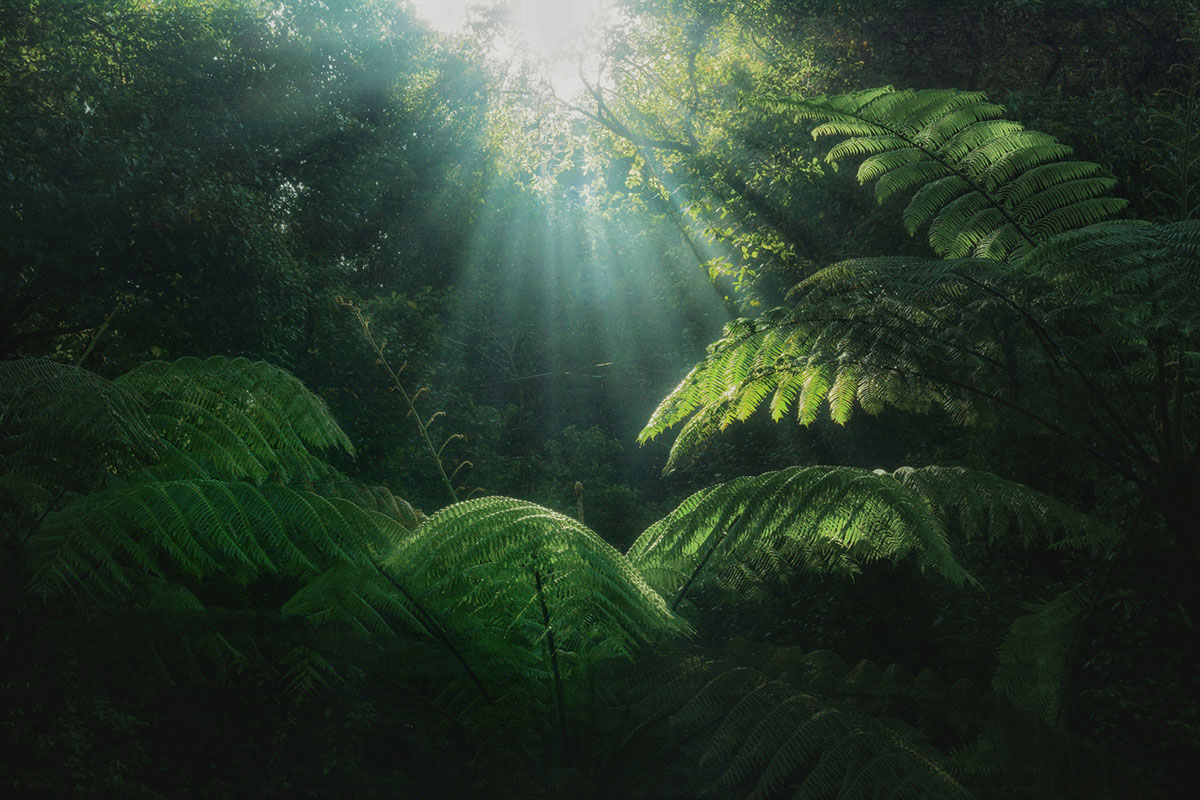
Plants are also influenced by the stoppage of the sun’s rays during solar eclipses. Because of the interruption of light, plants that are in the path of an eclipse have a loss of photosynthesis by an estimated 10-20%.
Some other changes observed, include:
- Drooping leaves
- Closing or opening of buds
- Less release of water
- Changes to sap flow
More Weird Stuff in the Atmosphere
According to NASA, solar eclipses transform the upper atmosphere of Earth known as the ionosphere. Here are some atmospheric variations that occur:
- Propagation of radio waves, including satellite communications and shortwave communication, are broken up during solar eclipses. Refraction, signal fading and absorption have all been observed.
- Anomalies created by the disruption of sunlight have caused a disruption in GPS and radio signals over areas in the path of a solar eclipse.
- Changes in temperature can lead to the upper atmosphere cooling. This may cause changes in altitude and density in the ionosphere as well as:
- Temperature changes on Earth’s surface
- Wind speed changes
- Increase in relative humidity
- Ozone levels on the surface of Earth are at a minimum during the peak of the eclipse
If you notice any changes in plants or animals before, during, or after an eclipse, be a citizen scientist and record your observations using an app like iNaturalist.
